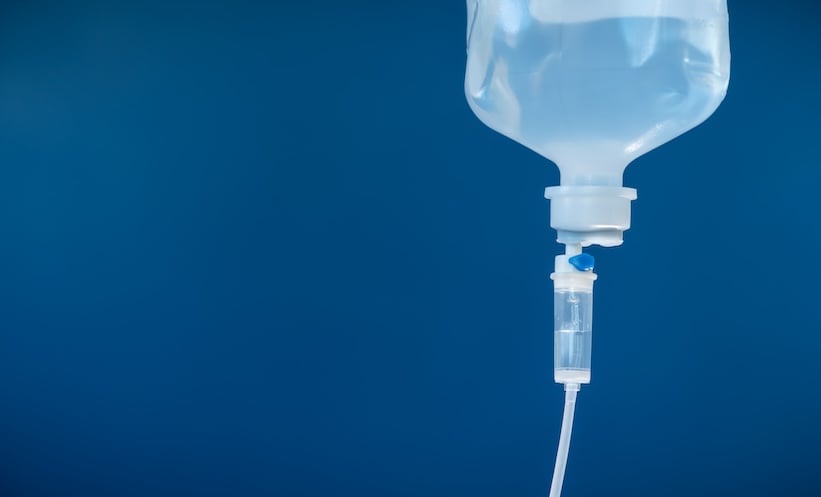IgG4-RELATED disease is a chronic, relapsing, and immune-mediated disorder affecting multiple organs. Despite its significant impact, there is no approved therapy for managing this condition. Inebilizumab, a monoclonal antibody targeting and depleting CD19+ B cells, has shown promise as a treatment option. A recent phase 3, multicentre, double-blind, randomized, placebo-controlled trial investigated the efficacy of inebilizumab in treating active IgG4-related disease.
The trial included 135 adults, randomly assigned to receive either inebilizumab or a placebo for a 52-week treatment period. Both groups followed a standard glucocorticoid taper, and glucocorticoids were permitted for disease flares. However, other immunosuppressants were excluded. The primary endpoint of the study was the time to the first treated disease flare, with secondary endpoints including annualised flare rates and rates of treatment-free and glucocorticoid-free complete remission.
The results demonstrated significant benefits for those treated with inebilizumab. Only 10% of participants in the inebilizumab group experienced disease flares, compared to 60% in the placebo group. This marked a substantial reduction in flare risk, with a hazard ratio of 0.13 (P<0.001). Additionally, the annualized flare rate was significantly lower among inebilizumab-treated participants, with a rate ratio of 0.14 (P<0.001). Flare-free, treatment-free complete remission was achieved by more participants in the inebilizumab group, with an odds ratio of 4.68 (P<0.001). Similarly, flare-free, glucocorticoid-free complete remission was more likely in the inebilizumab group, with an odds ratio of 4.96 (P<0.001).
While the treatment was generally well-tolerated, serious adverse events occurred in 18% of participants in the inebilizumab group, compared to 9% in the placebo group. Despite this, the study confirms the potential of CD19-targeted B-cell depletion with inebilizumab as an effective therapy for IgG4-related disease, significantly reducing flare risks and enhancing the likelihood of remission. These findings represent a pivotal step towards improving outcomes for patients with this challenging condition.
Reference
Stone JH et al. Inebilizumab for treatment of IgG4-related disease. N Engl J Med. 2024;DOI:10.1056/NEJMoa2409712.






